News
Jury Deliberates in Trump Hush Money Trial
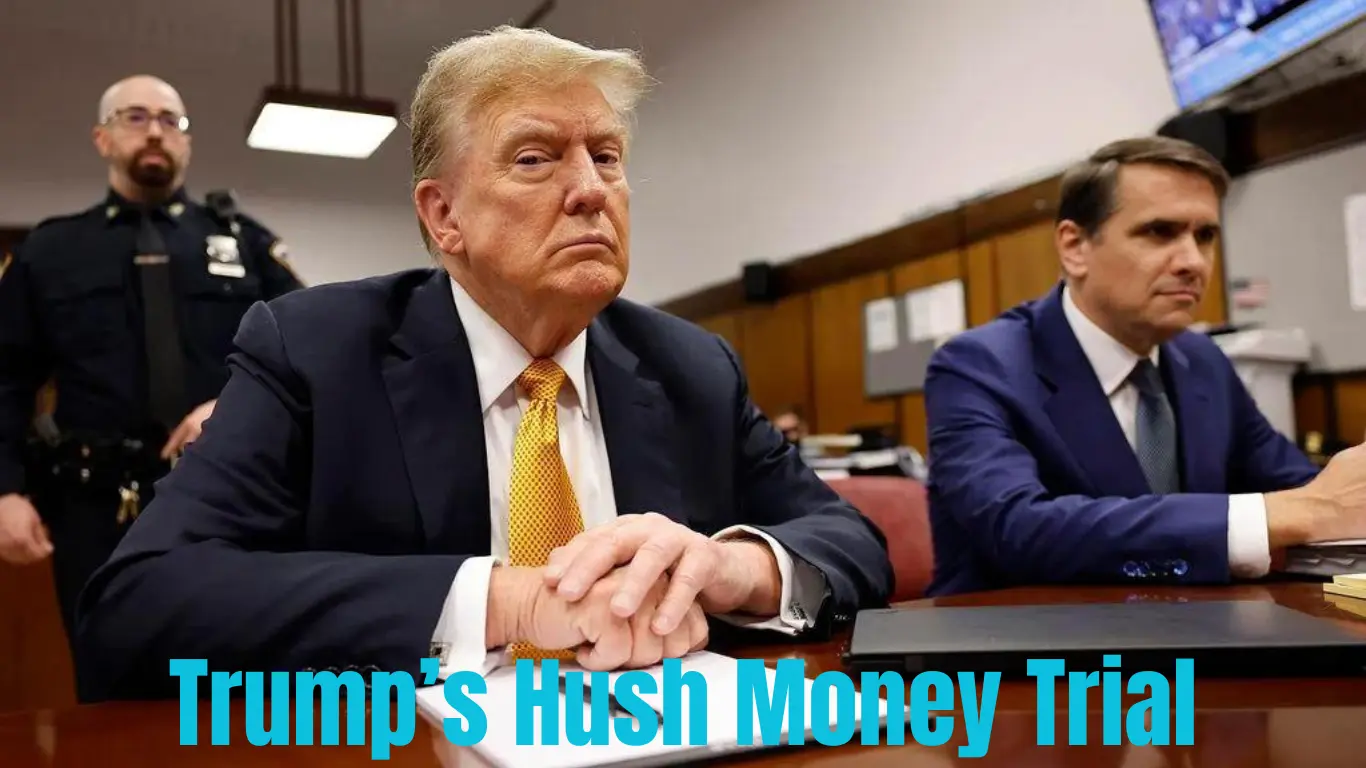
Twelve jurors in New York have started deciding the outcome of former President Donald Trump Hush money trial. They need to determine it. If Trump is guilty or innocent of 34 charges related to falsifying business records. This trial is historic because it is the first time a former or current United States president has faced criminal charges in court.
All 12 jurors along with six alternates who are available if needed have listened to more than four weeks of testimony. The prosecution argued in trial that Trump was part of a plan to hide a hush money payment to adult film star Stormy Daniels. So, they claim this done to cover up another crime.
The payments themselves not argued about. What the prosecutors have to show is that Trump made these payments to hide other illegal actions like breaking campaign finance rules and misrepresenting the payments for tax reasons.
During the Trump hush money trial the jury listened to 22 witnesses who gave often dramatic testimony. Now they have to carefully consider other evidence. Such as phone records, invoices and checks to make their decision. Trump said he had not guilty.
For a verdict to reached all 12 jurors have to agree. If they can not all agree. It called a hung jury and the judge will say there is no decision. Then the district attorney who is leading the case, will have to choose whether to have another trial or not.
On Wednesday, Judge Juan Merchan in New York reminded. The jury about their duty to be fair and not let their personal feelings affect their decision. For about an hour he explained to the jurors what they needed to consider.
Judge Juan Merchan reminded them that certain evidence, like Michael Cohen admitting guilt to breaking campaign finance laws. So, headlines in newspapers, only used to help understand the credibility of other witnesses and the timing of events, not to decide if Trump is guilty or not.
Merchan also clarified how the jury should understand the law they’re dealing with, which involves intentions to deceive and fake business documents. Specifically, he mentioned that prosecutors claim Trump tried to hide his violation of New York election rules by falsifying business records.
To figure this out, the jury will consider three main ideas from the prosecution: whether Trump broke the Federal Election Campaign Act, if he falsified other business records, or if he violated tax laws.
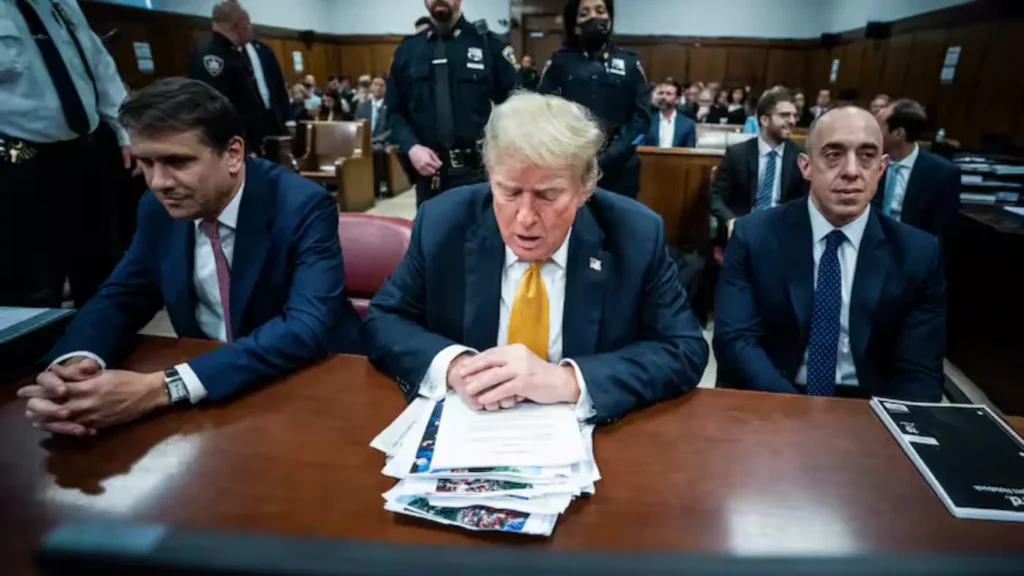
Once they’re ready, the jurors will go into a room without their cell phones and start discussing. They have one laptop with all the evidence they need. So, they will talk about the case until at least 4:30 p.m. on Wednesday. The legal teams and Trump have told to stay in the building. Just in case the jury has a question or reaches a decision.
During the final arguments which lasted a whole day both the defense and the prosecution made their last statements. Trump’s lawyer Todd Blanche paid a lot of attention to questioning the trustworthiness of former Trump lawyer Michael Cohen. So, they also argued that trying to sway an election isn’t against the law.
On the other side, prosecutors tried to strengthen Cohen’s testimony by reminding the jury about all the other witnesses they heard from. They also went through the evidence like checks, invoices, and records, which make up the 34 charges of falsifying business documents.
During the trial, Trump who expected to be the Republican candidate for president in 2024. Which complained that he could not focus on campaigning as much as he wanted. Because he had to be in court every day it was in session as required by New York law. He also claimed that the judge biased against him.
On Wednesday, as the jurors started their discussions, Trump repeated these statements in the corridors. He said, without proof. Even Mother Theresa couldn’t win against these accusations. They’re rigged. The whole process rigged.
Highlights of Testimony in Trump Trial:
In August 2015 just two months after Trump declared he was running for president in 2016. David Pecker who was the publisher of the National Enquirer tabloid at the time had a meeting with Trump and Cohen at Trump Tower.
According to Pecker’s testimony they agreed during this meeting that he would serve as the eyes and ears for the Trump campaign. His task was to watch out for any negative stories involving women that could harm Trump’s image. Pecker’s role was to buy the rights to these stories but never publish them, effectively removing them from public view.
Pecker’s plan, as he described it, involved suppressing negative stories about Trump while simultaneously publishing unfavorable stories about Trump’s political opponents. He testified that some of these stories sent to Trump and Cohen for their approval before published.
For about a year Pecker carried out this strategy. His testimony supported by Keith Davidson a lawyer who represented both Stormy Daniels and former Playboy model Karen McDougal.
Around June 2016, McDougal considered making her story public about a year long relationship with Trump. However Pecker intervened by acquiring the rights to her story expecting to reimbursed by Trump. So, Trump never reimbursed him as planned.
In early October 2016, former Trump communications aide Hope Hicks testified that the Trump campaign faced turmoil. After the release of the Access Hollywood tape, where Trump heard making inappropriate comments.
The following day, according to statements from Pecker, Cohen, and Davidson, Stormy Daniels threatened to reveal her alleged sexual encounter with Trump in 2006 during a celebrity golf event in Lake Tahoe.
During her testimony, Daniels described feeling pressured due to a “power imbalance” when she encountered Trump in his hotel suite. She claimed Trump, in his underwear, suggested a potential role on his TV show, Celebrity Apprentice.
This assertion, indicating the encounter wasn’t entirely consensual, led the defense to request a mistrial, which was denied. It also suggested a motive for Trump to keep the story quiet.
Prosecutors argued that Trump was aware of what happened in the hotel room and didn’t want it exposed. Daniels also provided intimate details of the alleged encounter, some of which Judge Juan Merchan agreed with the defense were unnecessary.
As October neared its end, Cohen testified that he hurriedly set up bank accounts and brainstormed how to pay $130,000 to keep Daniels quiet. However, Trump insisted on delaying the payment until after the election, believing it wouldn’t matter then.
This idea, that Trump aimed to influence the election by silencing potential female voters, supported by several witnesses. Hicks, who worked for Trump in the White House, recalled Trump saying it was better if the story came out in 2018 rather than 2016.
Cohen eventually wired the money to Stormy Daniels himself, expecting reimbursement. He recounted various conversations with Trump, backed by phone records, including those on the day of the payment.
However, the defense challenged Cohen during cross examination by presenting evidence. That one call he claimed was with Trump’s bodyguard was actually about threats from a prankster.
The crux of the case centers on events after the election, especially the alleged falsification of records, notably handwritten notes and documents from Jeff McConney, the former comptroller of the Trump Organization.
McConney authenticated a crucial record the bank statement showing Cohen’s wire transfer. This document included handwritten notes from Cohen and Trump’s former CFO, Allen Weisselberg. Which discussing the $130,000 payment, which would “grossed up to cover Cohen’s taxes.
Over 12 months, a total of $420,000 was paid out, labeled as part of a “legal retainer.” (Weisselberg, currently in jail for perjury in Trump’s civil fraud trial, did not testify.)
On the witness stand, Cohen outlined a repayment plan that formed the basis of the 34 charges of falsified business records. This included 11 fake invoices, 12 false ledger entries, and 11 checks wrongly labeled as legal “retainers.” Notably, nine of these checks were personally signed by Trump.
Cohen stated that he and Weisselberg discussed this arrangement with Trump shortly before Cohen left for Washington around January 17, 2020. Trump allegedly approved the plan, expressing excitement about their upcoming journey in Washington.
Cohen claimed that they discussed the arrangement again in early February, this time in the Oval Office. Records and photos from the White House support the fact that they met there at that time.
During the trial, the defense presented only two witnesses, one of whom was Robert Costello, an attorney who was considered to represent Cohen after the FBI searched Cohen’s home and office in 2018. Costello was brought to refute Cohen’s claim that he was pressured to stay loyal to Trump.
However, Costello’s emails indicated that Trump was involved in deciding which lawyers would represent Cohen, and Costello was cautious about appearing to take instructions from Giuliani or the president.
-
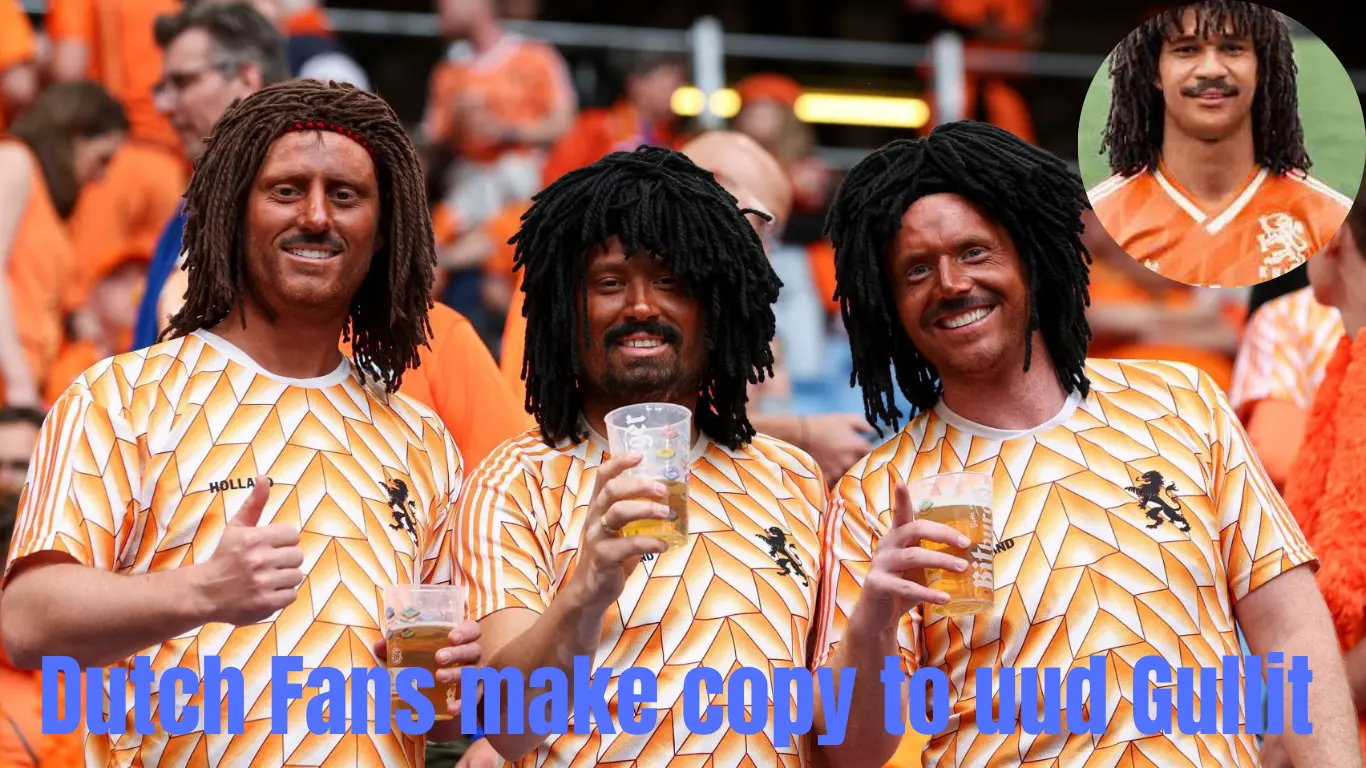
 Soccer4 months ago
Soccer4 months agoDutch Fans in Blackface to Imitate Ruud Gullit, One Agrees to Stop
-
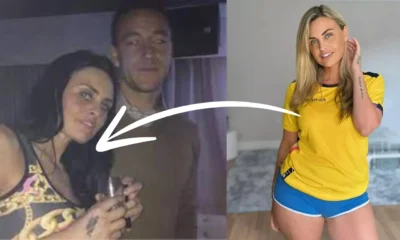
 Soccer4 months ago
Soccer4 months agoEx Glamour Model Says Party with England Team Before Euros
-
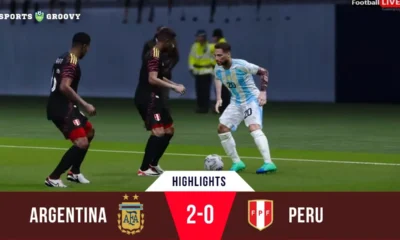
 Soccer4 months ago
Soccer4 months agoArgentina vs Peru 2-0 Highlights & All Goals Copa America 2024
-

 News6 months ago
News6 months agoDubai Flood, Rain Turns Desert to Aquarium🌧️🐠
-
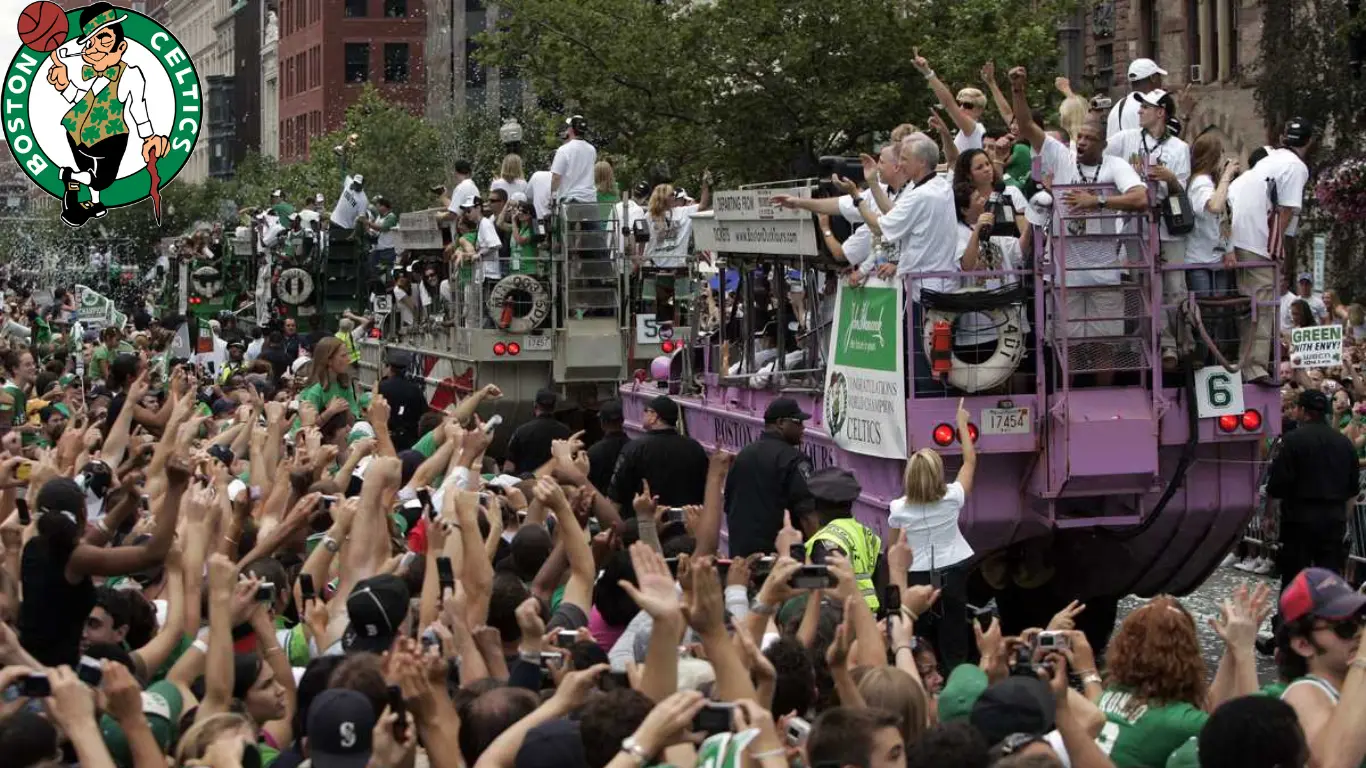
 NBA4 months ago
NBA4 months agoCelebrate with the Boston Celtics: Parade and Traffic Updates
-
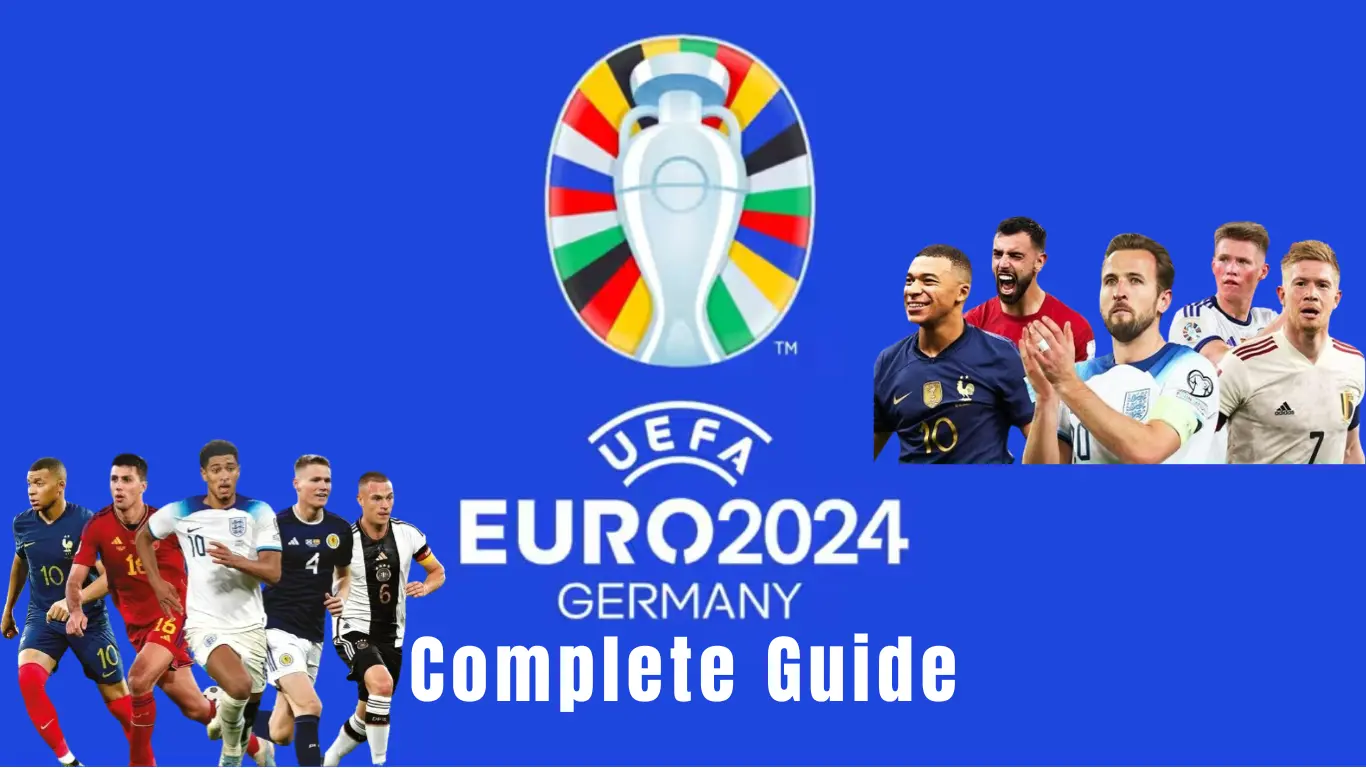
 Soccer4 months ago
Soccer4 months agoUEFA EURO 2024: Essential Guide and Key Information
-
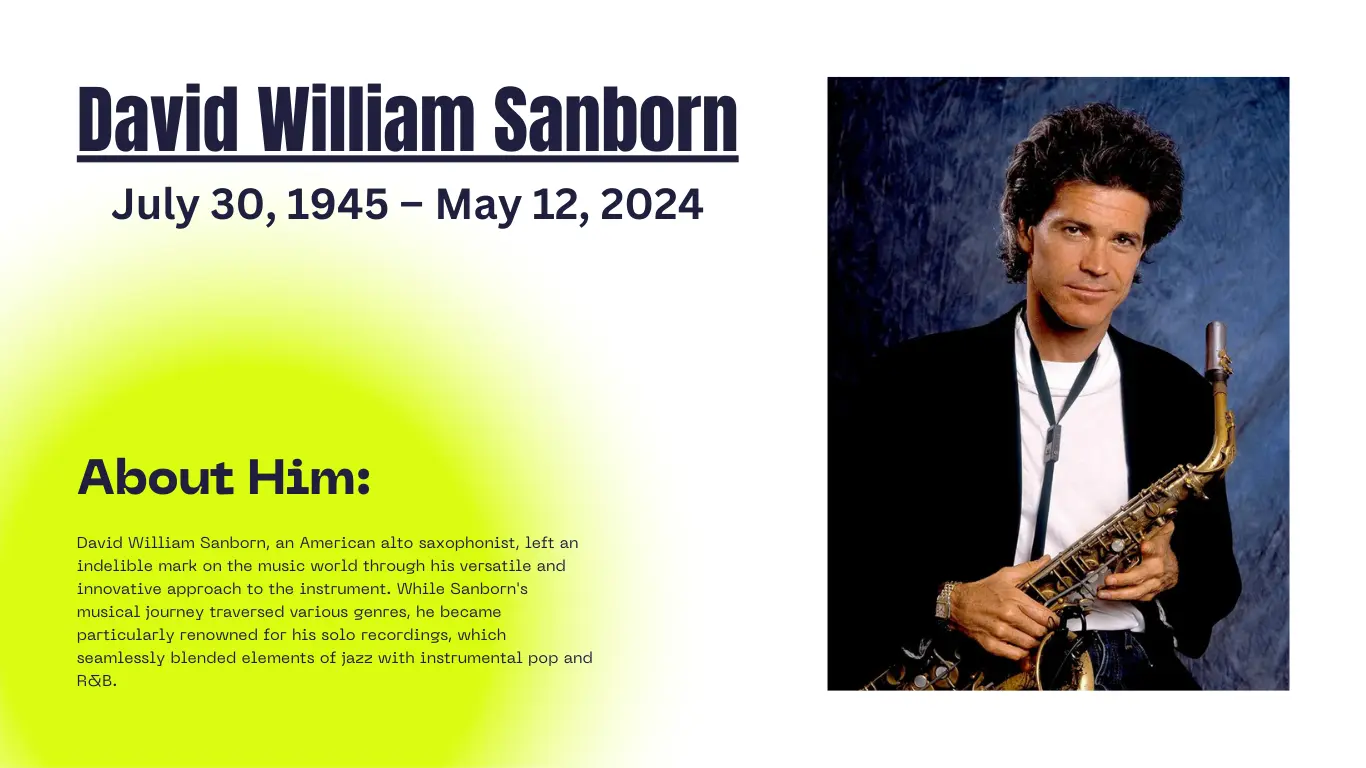
 Celebrity5 months ago
Celebrity5 months agoDavid Sanborn, American Alto Saxophonist, Died at Age 78
-

 Entertainment5 months ago
Entertainment5 months agoNorthern Lights Again Return near California-Oregon Border This Saturday


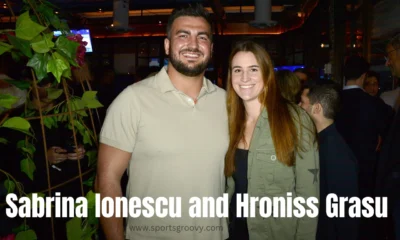

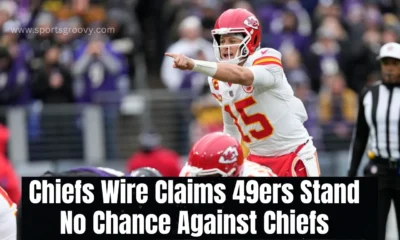

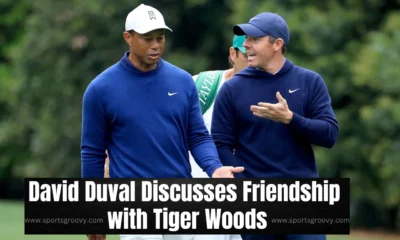



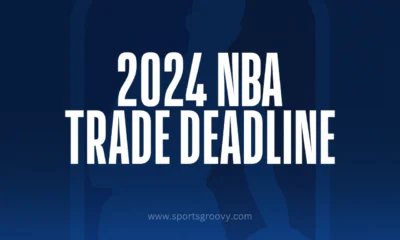

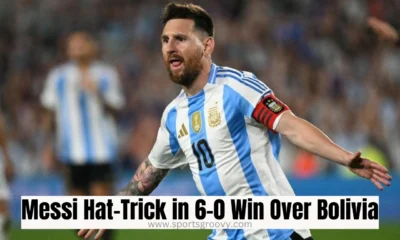



Pingback: Margate Mayor Extends Apology to Jason and Kylie Kelce Over Disrupted Date Night - Sports Groovy